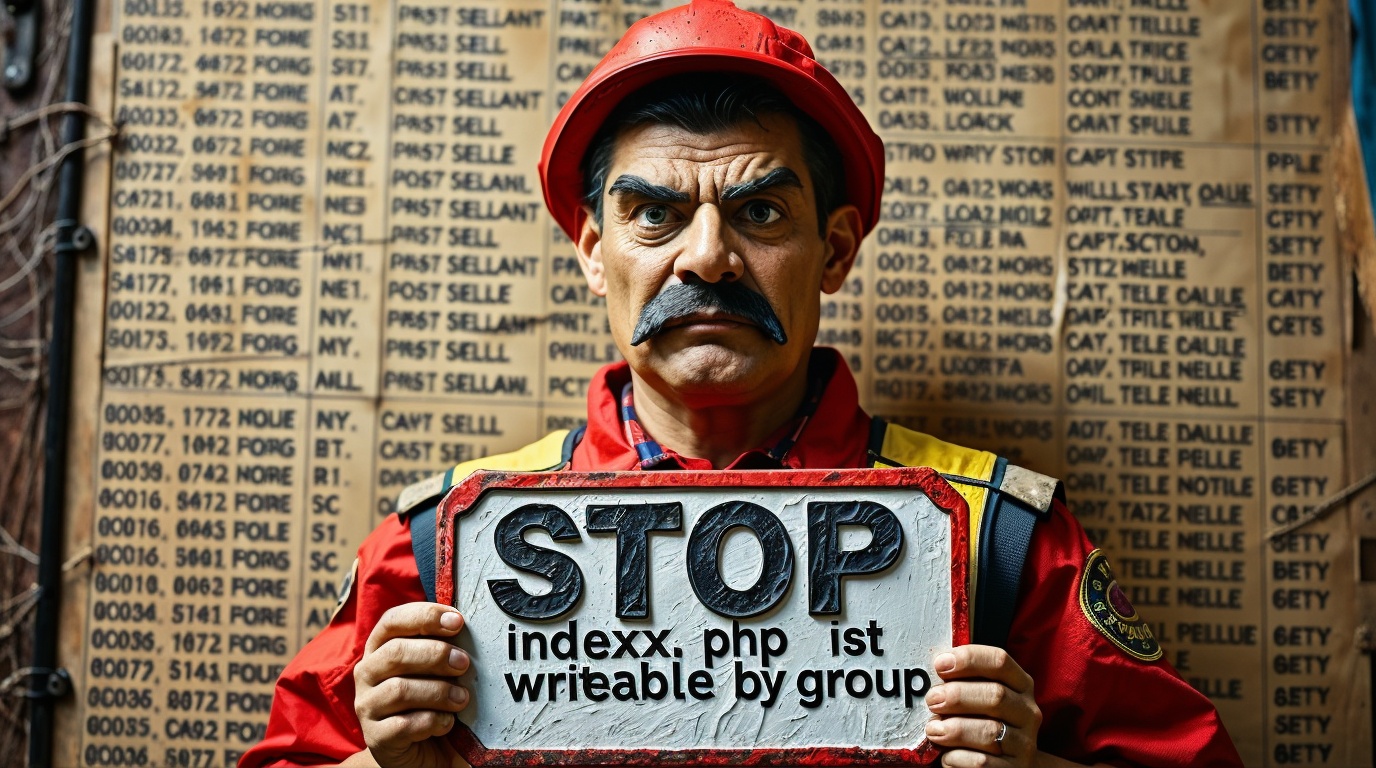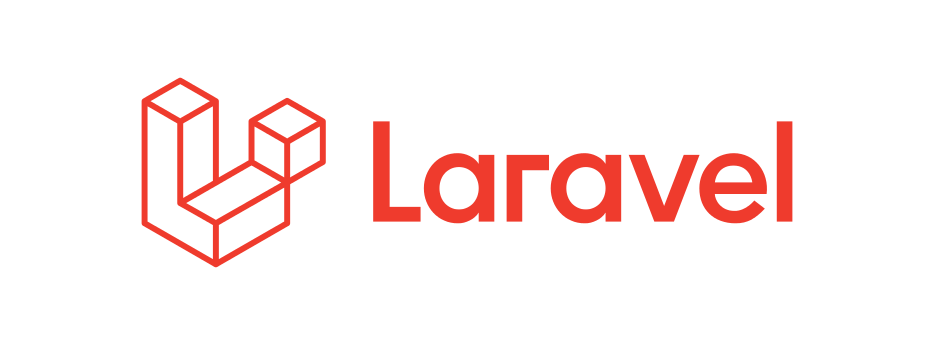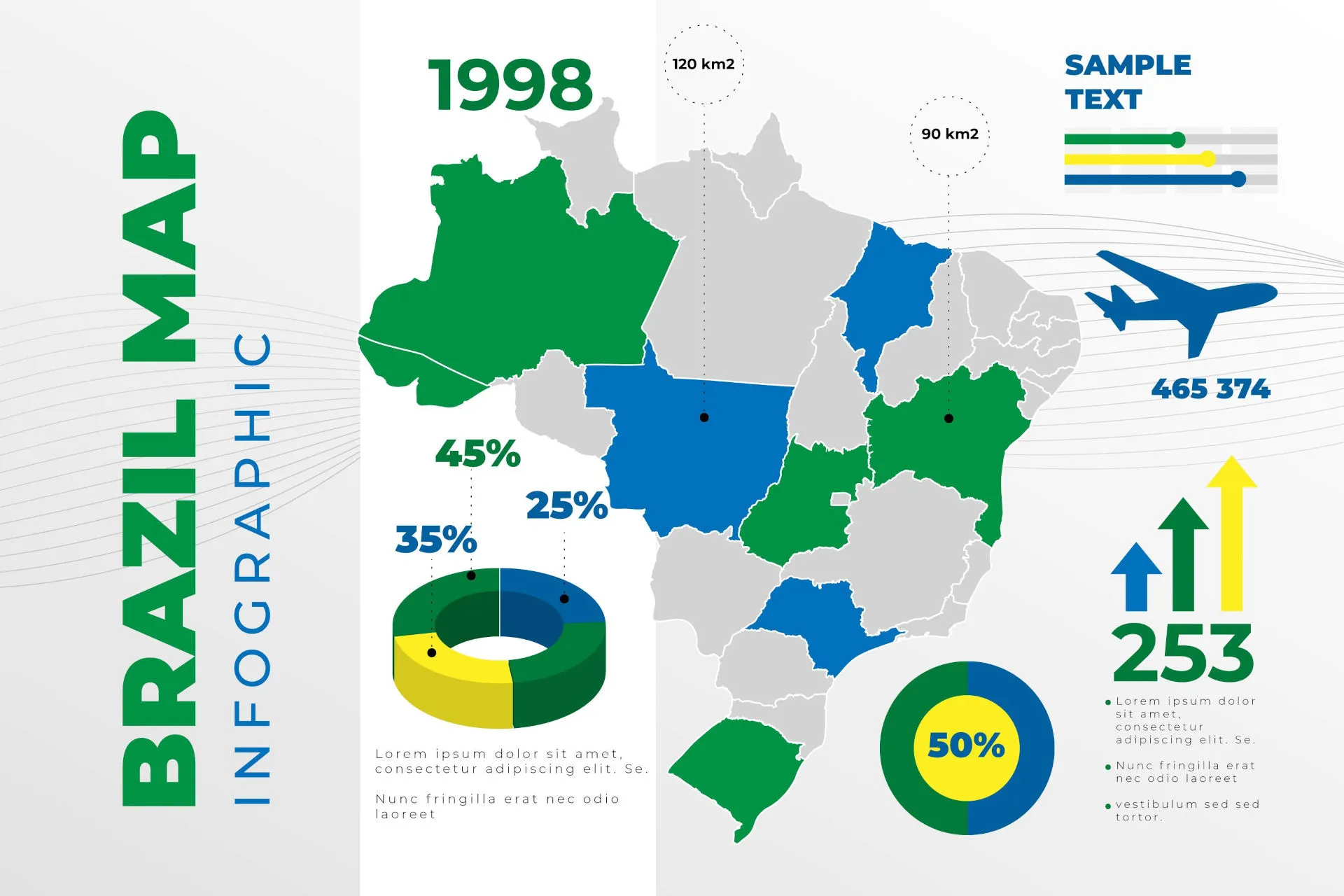The error “SoftException in Application.cpp:267: File ‘/home/username/public_html/index.php’ is writeable by group” frequently occurs on servers using cPanel, especially when the environment is configured with the suPHP PHP handler. This handler requires strict permissions for files and directories, and excessive permissions can trigger security errors.
In this article, we cover how to identify and fix this problem using chmod and chown, common tools for managing files and permissions in Linux.
Understanding the SoftException in Application.cpp error
- Inappropriate Permissions: Files configured as group-writable (for example, with permissions
0666) pose a security risk and are not supported by some environments configured with suPHP or other security restrictions. - Incorrect ownership: If files are not assigned to the correct user, this can also lead to permission conflicts.
- Server Configuration: Changes to the PHP handler (from DSO to suPHP) make permissions stricter. In suPHP, files need to be owner-readable and write-safe by third parties.
Resolving the SoftException in Application.cpp error
Some ways to resolve the SoftException in Application.cpp error include:
Fix file and directory permissions with find and chmod
The chmod command is used to change file and directory permissions in Linux. Here are the steps to ensure files have proper permissions:
- Access the server via SSH:
Replace username with your username and server.com with the server address.
- Navigate to the directory containing the files:
cd /home/username/public_html
Replace username with the name of the user who owns the files.
- Set appropriate permissions for files and directories:
Set directory permissions to 0755 (read, write and execute owner only):
find . -type d -exec chmod 755 {} \;
- Set file permissions to
0644(read and write owner only):
find . -type f -exec chmod 644 {} \;
- Check if the problematic file has correct permissions:
ls -l index.php
The expected result for a file would be something like:
-rw-r--r-- 1 username username 1234 Dec 15 14:00 index.php
Property Adjustment with chown
In many cases, the error occurs because the file or directory is under the control of another user or group. To fix this, use the chown command to ensure the files are assigned to the correct owner.
- Check current ownership of files and directories:
ls -l
- Look for inconsistencies in the owner and group. For example:
-rw-r--r-- 1 root root 1234 Dec 15 14:00 index.php
Here, root root indicates that the file belongs to the user and group root, which is not correct for a hosting environment with cPanel (as it would not be for any other server).
- Adjust ownership to the correct user:
chown -R username:username /home/username/public_html
Replace username with the correct cPanel username. The -R option applies the change recursively to all files and directories within public_html.
- Double-check:
ls -l
The ideal result will be something like:
-rw-r--r-- 1 username username 1234 Dec 15 14:00 index.php
Restart Services (Optional)
After adjusting permissions and ownership, you may need to restart services like Apache to ensure the changes are recognized:
sudo service apache2 restart
Best Practices
- Avoid excessive permissions: Never use permissions like
0777, as they allow any user (even unauthorized) to read, write and execute the files. - Make backups: Before making any modifications, especially on a production server, create a backup of the files to avoid data loss.
- Use cPanel tools: If you don’t have SSH access, use cPanel File Manager to manually adjust permissions.
- Audit regularly: Perform periodic audits on files to identify inappropriate permissions or properties.
Conclusion
Resolving the “SoftException in Application.cpp:267” error requires simple adjustments to the permissions and ownership of files on the server. Using the chmod commands to set correct permissions and chown commands to ensure proper file ownership are crucial steps to avoiding this type of problem.
Additionally, maintaining best practices in permissions management will help protect your environment from potential security vulnerabilities. By implementing the solutions described, you will be ensuring that your server is secure and complies with the requirements of suPHP or other PHP handlers used.




Comments